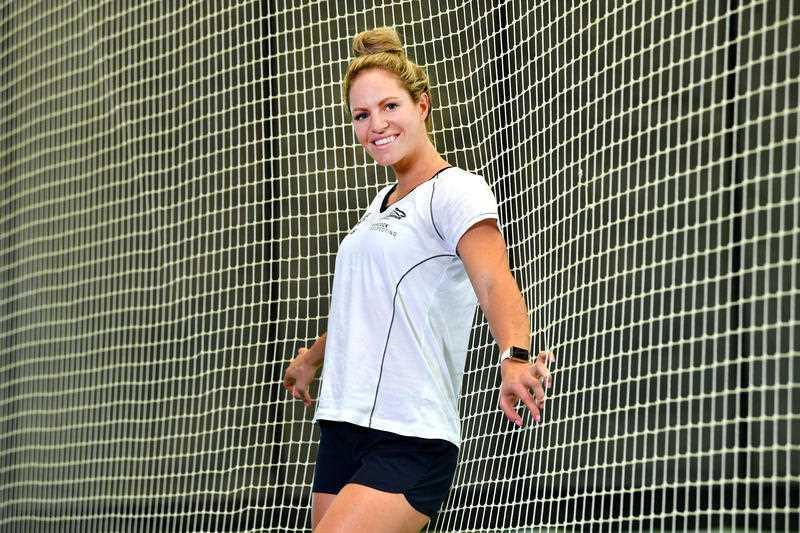Australian Olympic gold medallist Emily Seebohm has voiced concerns about the lack of fairness in competitive sports where transgender athletes are allowed to play against female-born athletes, saying that she “wouldn’t even place” if she competed in the male’s category.
The 29-year-old revealed on Thursday that she shared the same opinion as swimmer Emma McKeon, Australia’s most decorated Olympian, who declared on Tuesday that she “wouldn’t want to be racing against someone who is biologically a male.”




